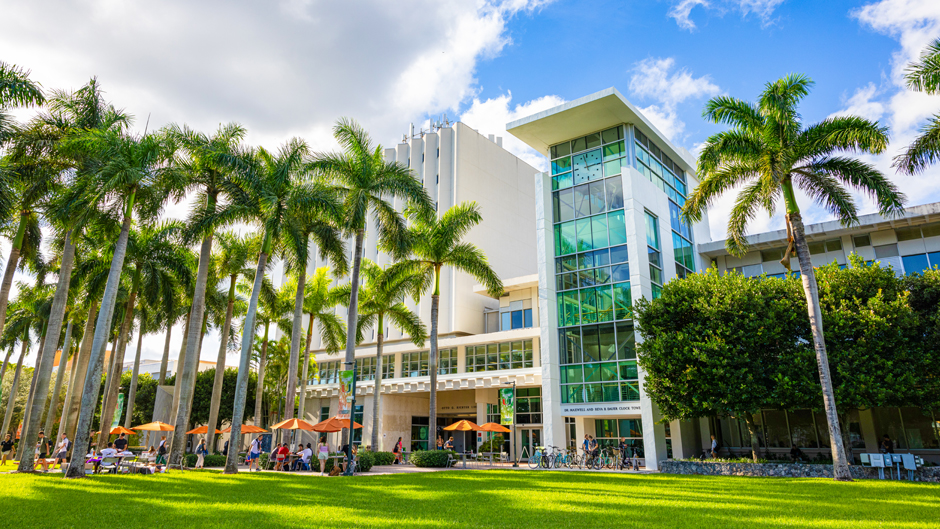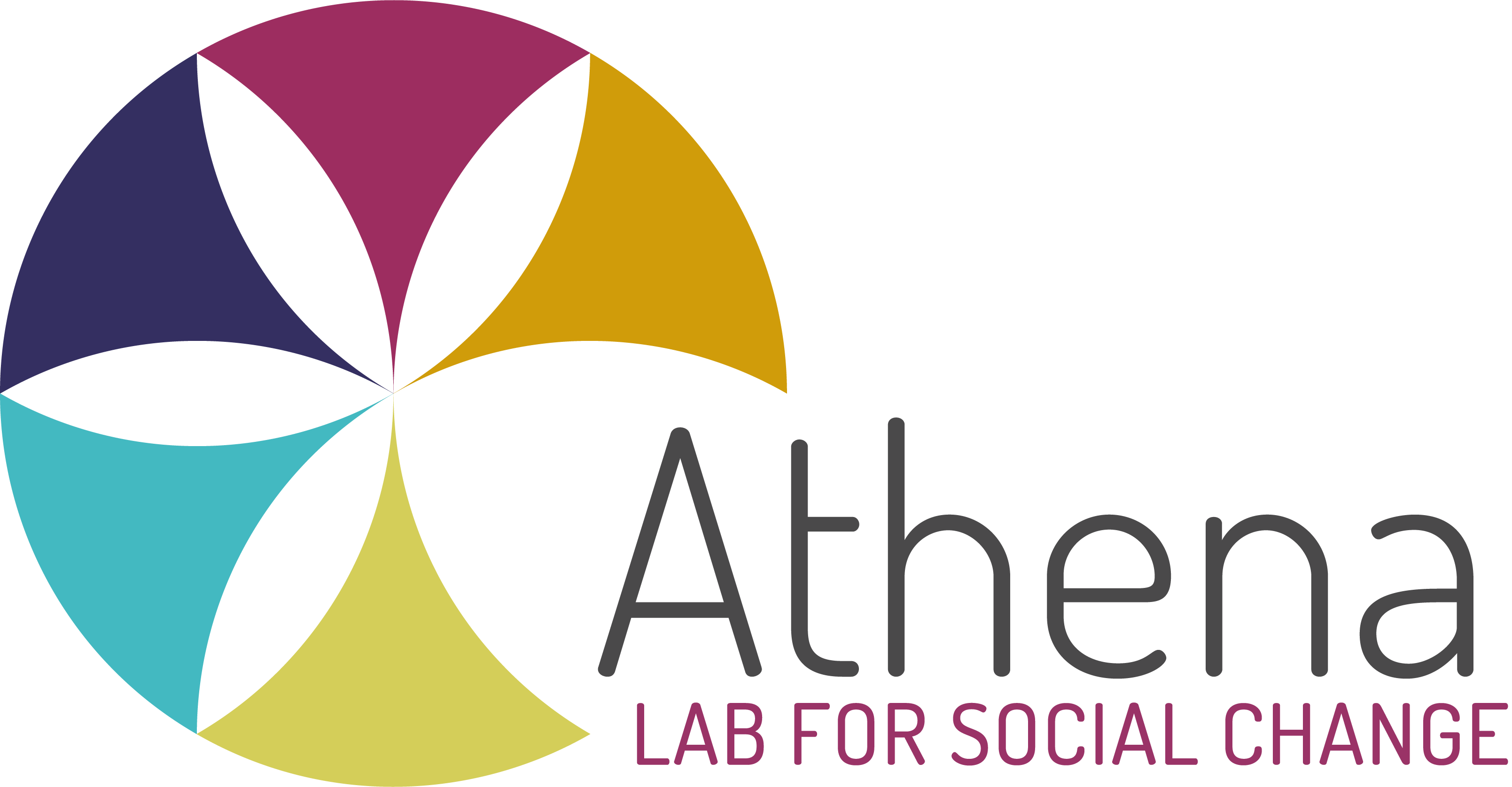
Kelly Miller, the associate dean for Learning and Research Services at the University of Miami Libraries, and Guayana Paez-Acosta, a well-being community colleague, offered a bilingual webinar on March 20 that outlined how campus libraries have implemented new mindfulness and well-being programs to address the uptick in stress, anxiety, and depression in an era of climate and other crises.
“As libraries are reinventing themselves, moving beyond [simply being] repositories of books, you can make the case that libraries are actually realizing their tree-like qualities and becoming sites of presence and balance and care for life itself,” Miller said.
“By offering mindfulness meditation and well-being programs intended to support mental health and connection with self and others, libraries can become for campus communities what trees are for life itself, sending out nutrients to the life around them and in turn, receiving nourishment and support through deepening connection and care,” added Miller, the University Libraries newly appointed director of mindfulness and well-being programs.
Hosted by the Network of Libraries of the Hemispheric University Consortium, “The Library’s Role in Building Community Well-being and Resilience in an Era of Climate Crisis” webinar attracted viewers from across the Americas and from as far away as Vietnam. The program included research, mindfulness exercises, and a case study of the University’s strategic focus of the past few years.
At a “time of collective heartbreak” related to the climate and other crises, university libraries are committed to exploring how their efforts and programming might relate to United Nations sustainability goals, Miller said.
She shared her own story that led her to embrace mindfulness practices and outlined the University of Miami Libraries’ implementation of programs geared to address the growing mental health problems in the United States, and especially on campuses. The initiative launched an expanded offering of virtual resources during the pandemic.
“Over the past eight years as part of a strategic strategy, University Libraries has developed a series of programs, especially evolving around mindfulness and well-being practices, that complement our existing learning and research services—and have helped us to fully realize our role at the heart of the campus,” Miller explained.
Some of the seeds of those programs can be seen in stress-relieving activities usually around exam time that are now offered weekly as part of the expanded mental health programming, Miller said.
Last year, University Libraries piloted its new “Breathe and Be” program, that grew out of a partnership between Miller and Paez-Acosta, inspired by their respective work and connection to the Kincentric Leadership – a holistic leadership program where both participate. The program, which incorporates movement, meditation, and helps to deepen personal practices, is being offered this spring.
Paez-Acosta, the founder and CEO of Athena Lab for Social Change and a sustainability professional for more than 20 years, facilitates “Breathe and Be” sessions and for the webinar led two guided mindfulness practices so that participants could experience the benefits.
Crises such as the climate emergency have prompted librarians such as Miller and other faculty to ask and anticipate how curricula should change. One change has been toward the emerging interdisciplinary curriculum on campuses—a focus at the University reflected in the new Climate Resilience Academy.
“We anticipate that mindfulness and well-being sessions may support these emerging curricula, so we are preparing for that and beginning to work with the leaders of the Climate Resilience Academy,” Miller explained.
To learn more, visit University Libraries Mindfulness Programs.

